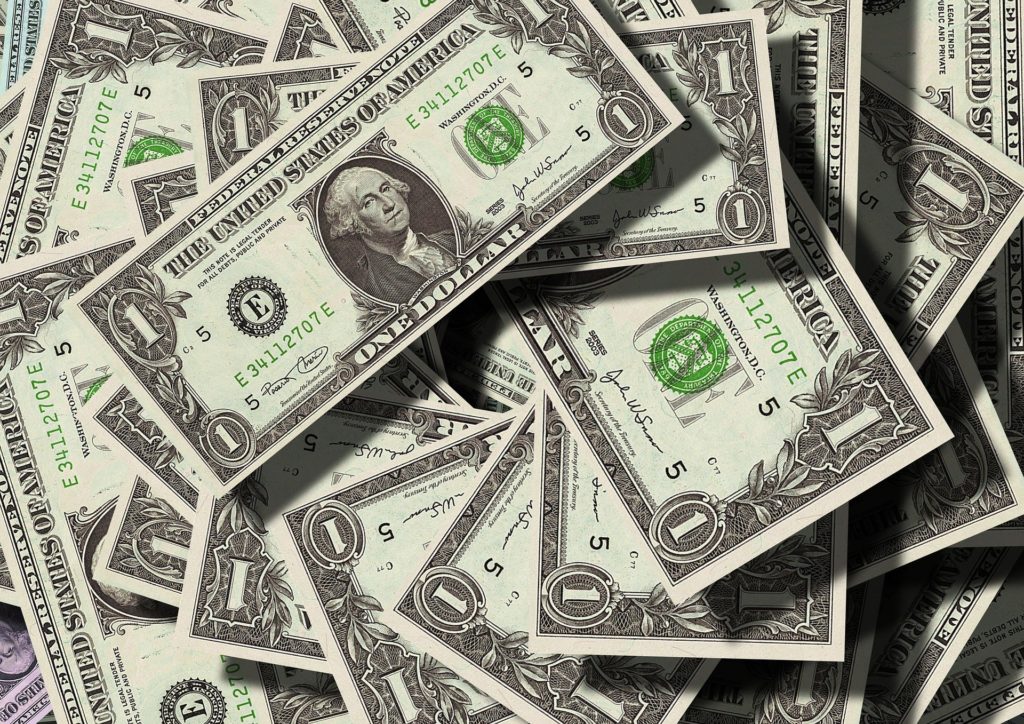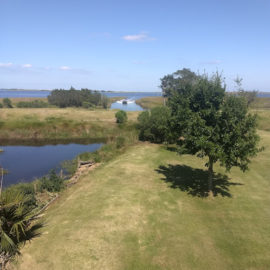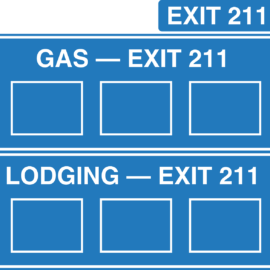
one billion seven thousand of these bills are coming to Louisiana for hurricane relief.
Louisiana is being granted an unexpected windfall in federal hurricane relief dollars, officials said Tuesday, with the major infusion of funds for long-term recovery in the surprise announcement totaling more than $1.7 billion. Gov. John Bel Edwards and U.S. Sen. Bill Cassidy announced the totals for the state, noting that $450 million of that would go to Louisiana’s southwest region for long-term recovery from Hurricanes Laura and Delta, a major increase over the $600 million already approved. The remainder would be primarily allocated for communities hit by Hurricane Ida. Further specific allocations of $4.6 million would be granted directly to Baton Rouge and $10.8 million to Lake Charles.
theadvocate.com
This is HUD money that came as a surprise.
Edwards participated in an online news conference with the U.S. Department of Housing and Urban Development to announce the funds, saying of long-suffering southwest Louisiana: “They will know that they haven’t been forgotten.” Cassidy, who has been key in communicating the state’s needs to the White House and congressional leaders, said “this is hard-earned relief for south Louisiana.” “We still have a long road to go to fully recover, but this level of funding helps tremendously. We will continue to work to address unmet needs,” he said.
Good for Sen Cassidy but where is our other senator?
The announcement was widely welcomed by the state’s political leaders, particularly in Lake Charles, which has struggled to recover from the devastating 2020 storms. The amount allocated for Ida was being viewed as a down payment, with further efforts to follow for additional funding given the vast needs. U.S. Rep. Troy Carter, D-New Orleans, said “today’s announcement is yet another example of the federal government showing up for the people of Louisiana.” “This more than $1.27 billion infusion into our state will not only help communities rebuild and recover from Hurricane Ida and recent floods, but will help build long-term strength and resiliency in our systems.” U.S. Rep. Garret Graves, R-Baton Rouge, said “we secured billions of dollars in federal funding to help south Louisiana recover and are continuing to work on more funds,” while U.S. Sen. John Kennedy said “the resilient people of our great state will finally receive that relief.”
This announcement is aimed for the southwest particularity Lake Charles who has felt like the step child. Since their representative is not mentioned so that may be part of the problem.
The surprise announcement holds particular importance for the state’s southwest, which had fought in vain for sufficient recovery aid since Laura hit more than a year and a half ago. It comes after hopes had been all but lost in the Lake Charles area for further long-term relief to address the devastation left by Laura and Delta in 2020. The amount announced Tuesday should do much to help the region get back on its feet more than a year and a half after Laura, one of the most powerful storms to ever hit the state. Prospects had appeared dim for further hurricane recovery money in the near term after Congress approved a massive federal spending package earlier this month without it. But given the state’s stark needs, federal officials decided to grant additional money to Louisiana out of a previously approved amount set aside for disaster relief nationwide. Ida aid was expected to eventually come from that, but at a lower amount.
The money is for the “normal” workers not their bosses.
HUD Secretary Marcia Fudge noted that a primary goal of the funding was to help low- to moderate-income families recover and rebuild more resiliently. The money is in addition to the hundreds of millions of dollars being spent on immediate needs through FEMA and other federal agencies. Allocated in the form of Community Development Block Grants, the new aid is intended to address issues such as housing, infrastructure and economic damage that state and local governments do not have the capacity to deal with on their own. It has been a long fight for the Lake Charles area. While Laura and its 150 mph winds laid waste to much of the region, national attention quickly moved on.
Few died in Lake Charles and that may have helped them fade from the front of papers.
A low death toll and Lake Charles’ relative obscurity surely played a role, and local officials grew increasingly desperate as the months passed, warning that the region’s future was at stake. Category 2 Delta followed on a similar path six weeks after Laura, while a severe winter storm in February 2021, flooding in May and the pandemic further complicated recovery efforts. Local officials and Edwards repeatedly sought to raise awareness of the region’s needs, including a severe housing shortage. They also highlighted southwest Louisiana’s importance as an energy hub and questioned why other states and regions have received far more help in a much shorter timeframe. After the bill approved earlier this month included no further relief dollars, Lake Charles Mayor Nic Hunter expressed frustration, but not surprise, saying “since day one after Hurricane Laura, this community has received hollow promises and empty gestures from members of both major political parties.” On Tuesday, he was relieved and said the amount finally represented an “equitable response” for the region, singling out Cassidy for particular help. The Republican mayor also thanked President Biden. “I thank our entire Louisiana congressional delegation’s efforts, especially those who are willing to sit down with both sides of the aisle and do whatever it takes to help people,” he said. “This was not achieved by writing and delivering letters. This was achieved by good, old-fashioned elbow grease.”
Representative Higgins is the areas link to congress and he refused to meet with President Biden when he visited the area.
Hunter refrained from specific criticisms, but his comments may be seen by some as a veiled critique of the efforts of Rep. Clay Higgins, who represents southwest Louisiana in Congress. Higgins, a Donald Trump acolyte who has embraced far-right positions, has faced criticism for what some have seen as his focus on partisan warfare instead of practical efforts to help his district. Higgins also welcomed Tuesday’s announcement. “We have been deeply involved in recovery efforts ever since Hurricane Laura’s landfall, and we will not stop working for southwest Louisiana,” he said.
There is more to do than the amount of money, but that is always the case after disasters.
Edwards initially spelled out around $3 billion in unmet needs stemming from Laura, Delta and Hurricane Zeta, which hit southeast Louisiana in October 2020. Most of the damage was in the state’s southwest. Despite visits by then-President Trump and Biden to Lake Charles, long-term relief was not approved by Congress until late September, more than a year after Laura. Money intended as an initial down payment on Ida relief was approved at the same time, though that storm hit a year later. Southwest Louisiana was initially granted around $600 million out of that pot, which totaled $5 billion for disaster relief nationwide. Calculations have been ongoing since for how to divvy up much of the rest. Edwards said earlier that he would have expected the federal government to cover around half of the $3 billion in uninsured damage the southwest suffered. But the state has since had to adjust its outlook. In a February letter to the state’s congressional delegation, he spoke of another $300 million in unmet housing needs for southwest Louisiana and at least another $100 million for businesses — roughly in line with Tuesday’s announcement. As for Ida, Edwards says calculations so far put unmet needs at more than $2.5 billion.
Is it enough? No but it is a start. Prioritize the needs and start there.



